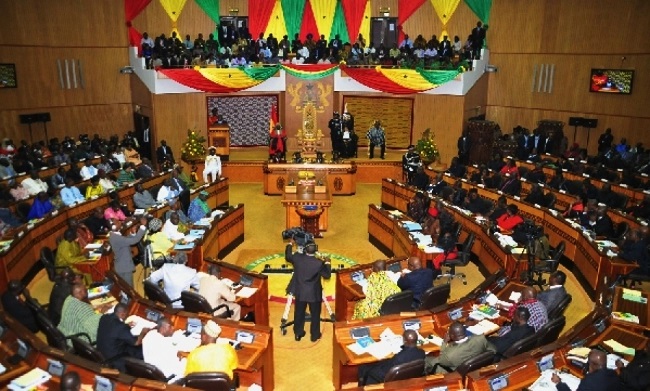Ghana’s parliament made headlines on Wednesday as it unanimously passed a highly controversial anti-homosexuality bill, drawing widespread international condemnation. The bill, known as the Human Sexual Rights and Family Values Act, has been in the works for three long years and is considered a significant step by its proponents.
Sam George, one of the main sponsors of the bill, expressed his satisfaction with the outcome, stating, “After three long years, we have finally passed the Human Sexual Rights and Family Values Act.” He shared this news on X, formerly known as Twitter, where it quickly garnered attention and sparked discussions.
The bill, introduced in Ghana’s parliament in 2021, goes beyond criminalizing LGBTQ relationships. It also targets individuals who support LGBTQ rights, making it a matter of concern for human rights advocates. If signed into law by the Ghanaian President, it will impose a three-year jail sentence for anyone caught engaging in LGBTQ activities.
The passing of this bill has ignited strong reactions both within and outside of Ghana. Many human rights organizations and individuals around the world have criticized the legislation, arguing that it infringes upon the rights and freedoms of LGBTQ individuals. The international community has expressed concerns about the potential impact on Ghana’s reputation and its commitment to human rights.
As the bill awaits the President’s signature to become law, the debate surrounding LGBTQ rights in Ghana continues to intensify. Supporters of the bill argue that it aligns with Ghanaian cultural and religious values, while opponents stress the importance of respecting and protecting the rights of all individuals, regardless of sexual orientation.
The passage of the Human Sexual Rights and Family Values Act in Ghana’s parliament marks a significant development in the country’s stance on homosexuality. It remains to be seen how this legislation will shape the future of LGBTQ rights in Ghana and the broader implications it may have on the country’s international relationships.







